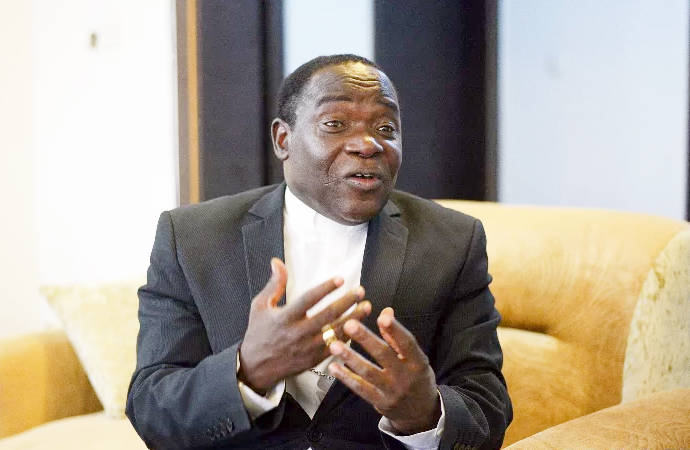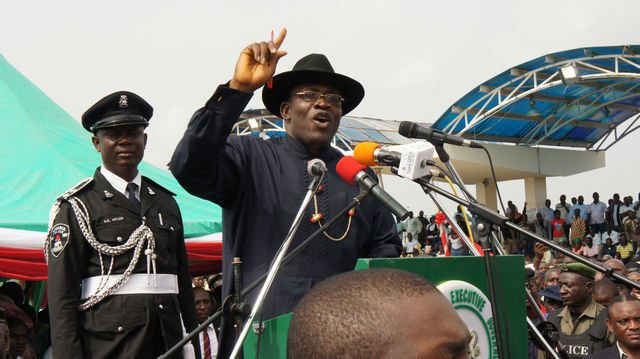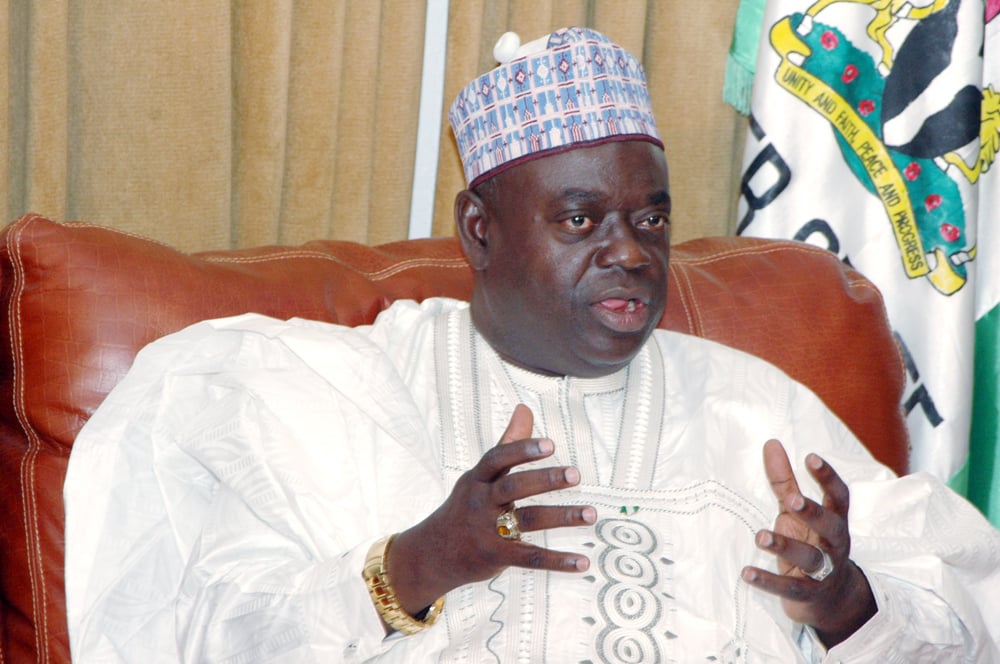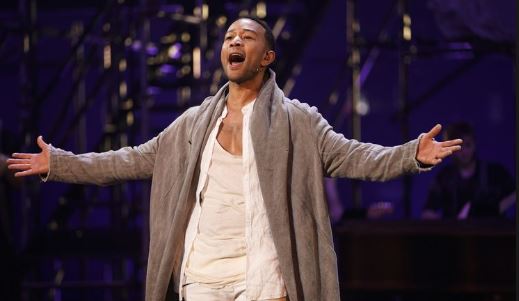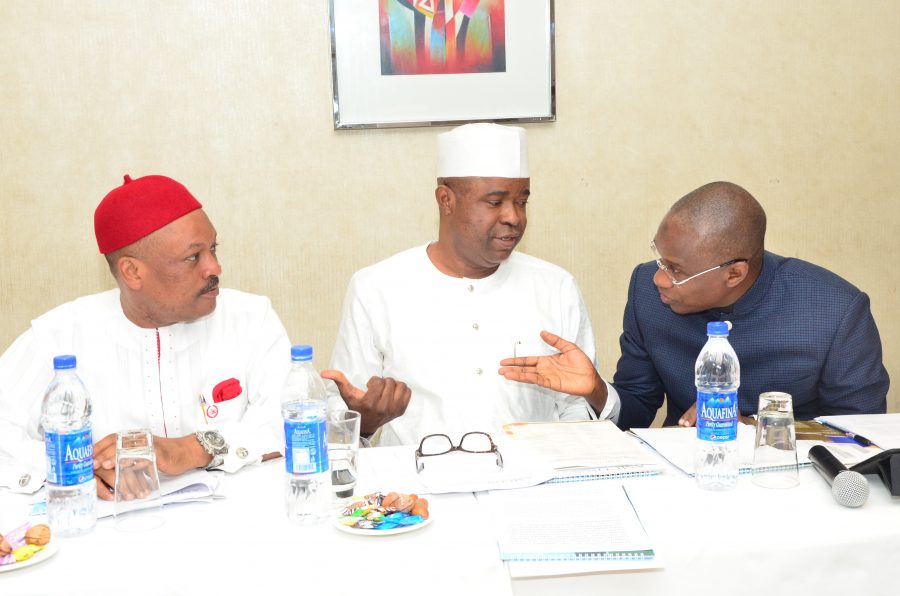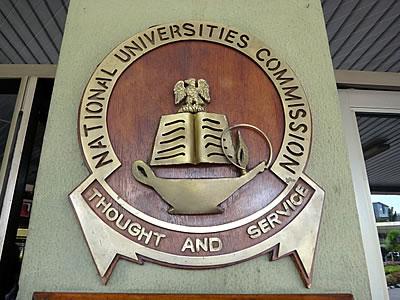Matthew Kukah
Mathew Kukah, bishop of Sokoto diocese of the Catholic church, has described Abdulaziz Yari, governor of Zamfara state, as a “diaspora governor”.
Yari has been accused of abandoning his state for the nation’s capital.
Speaking on Thursday at a colloquium organised by the Open Society Initiative for West Africa (OSIWA) in Abuja, Kukah lamented the high rate of insecurity across the country, including Zamfara.
Responding to an issue raised by Aisha Yesufu, an activist, the cleric said: “You talk about the governor relinquishing his position. That is a governor in diaspora. I am opposed to state police… Can a Christian join Hisbah (sharia police). Northern Nigeria has to drastically change.”
Advertisement
Yesufu had commented about the decision of Yari to resign as chief security officer (CSO) of the state.
The governor explained that he took the action because of his inability to control security agency whose loyalty is with the federal government.
The bishop said one the greatest tragedies of the country is leadership, adding that Nigeria lacked leaders who have philosophy.
Advertisement
“One of the greatest tragedy has been, we call it leadership, where it is even more disastrous because all the leaders – I call them office holders hardly qualify in every sense of the word. You can’t be a leader without the text, you can’t be a leader without a philosophy,” the cleric said.
“People followed Saraudana for a reason, they followed Aminu Kano for a reason. This is the only country that from independence till date we have not had anybody with clear evidence that they sat down, thought through, analysed the problems of Nigeria and put themselves forward to solve the problems of Nigeria.
“From Tafawa Balewa right through Shehu Shagari to Buhari. Every officer holder as president have come reluctant.”
The bishop said the killings have continued in the country because there is a distorted narrative about events.
Advertisement
“We suffer from such a distorted narrative in the sense that we remember our history differently. If you follow the internet, the social media and see what people are saying whether it is about Fulani, about Christian or Ijaw, you will not believe that you are in the same country,” Kukah said.
“What is disturbing is the attempt by the government itself – it is not about the loss of lives but what lessons do we learn. So I want to say the greatest challenge in Nigeria – the reason of the violence happening in Nigeria since the civil war, to Plateau, now to Sokoto, that is incoherent narrative, divergent views of the perpetrators, victims but we have never made an attempt to create a coherent [narrative] .
“Because we remember differently we are victims of distorted narratives.”
Yesufu charged leaders to be accountable to their followers, saying the country needs leaders that are committed to the well-being of the people.
Advertisement
“We have refused to hold our leaders accountable. When we see them we are taking selfies, what is there to smile about?” he asked.
Advertisement
Add a comment

